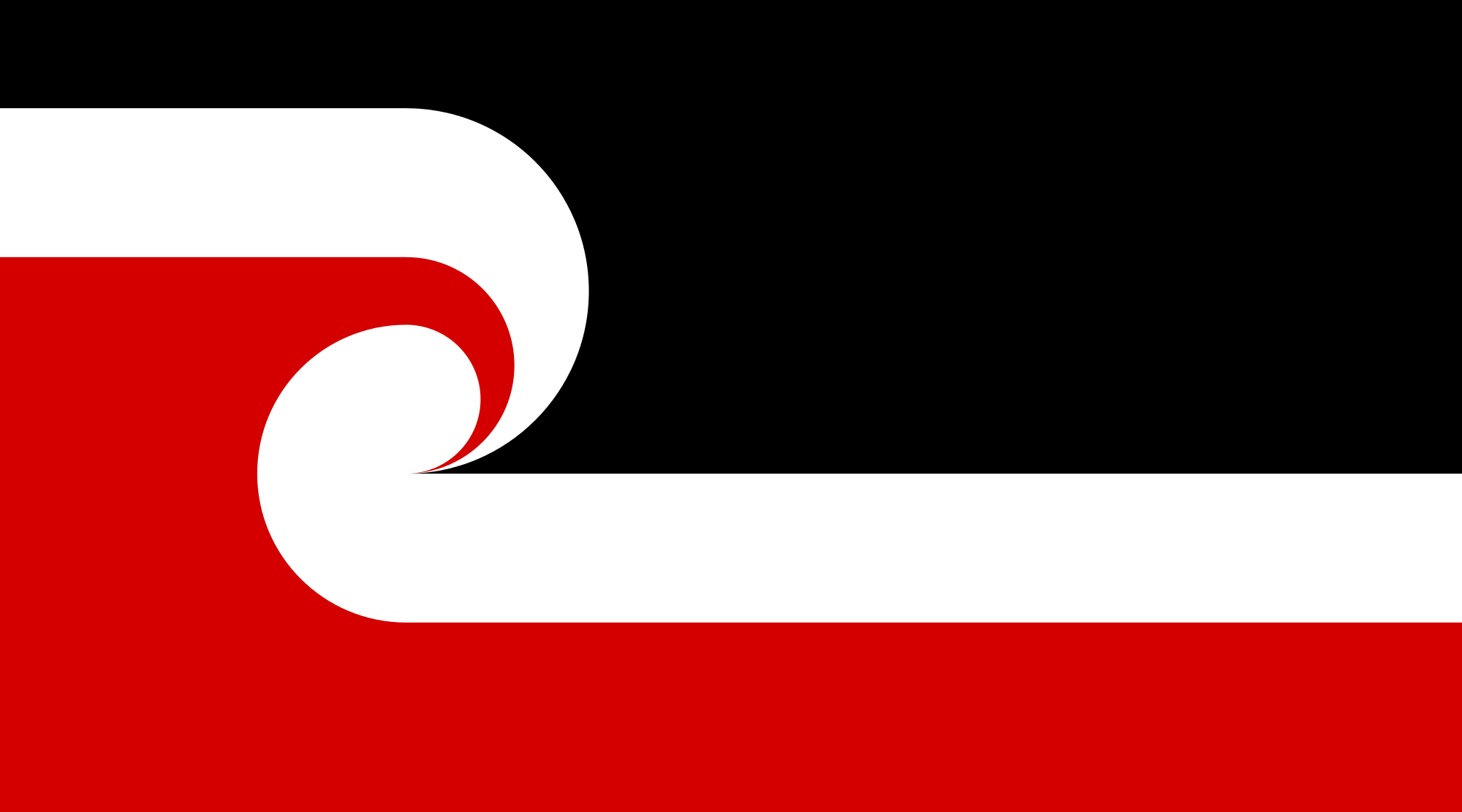Update: All Māori Data Sovereignty posts have been combined and updated into a Compendium of Māori Data Sovereignty – https://www.taiuru.co.nz/compendium-of-maori-data-sovereignty/
Data sovereignty is:
- The concept that information/Data which has been converted and stored in digital form is subject to the laws of the country in which it is located.
- A person’s right to control access to, and disclosure of their own personal data.
- Typically refers to the understanding that data is subject to the laws of the nation within which it is stored.
- Perceives data as subject to the laws of the nation from which it is collected.
Māori Data sovereignty is:
- Data that is produced by Māori
- Data that is held by Māori, describes Māori and the environments we have relationships with, made by Māori or contains any Māori content or association including genetic material and digitised genetic material, inclusive of Information such as archives, records, DNA and images.
- Recognising that Māori data should be subject to Māori governance.
- Supporting tribal sovereignty and the realisation of Maori and Iwi aspirations.
Discussion
Māori Data Sovereignty issues often arise from Digital Colonialism. Many of the current concerns that surround data sovereignty relate to enforcing privacy regulations and preventing data that is stored in a foreign country from being subpoenaed by the host country’s government.
Data sovereignty relates to where data is stored and who owns or has access to it. Many people do not realise that much of New Zealand’s data is stored overseas in countries like America, Singapore and India where it is cheaper to store data. The more obvious issue that people do not consider is where the data is stored in their computers and social media and who actually owns that data and the fact that you have to pay an international company to store and access your own data from your computer.
A uniquely Indigenous issue is the data being digitised in the first place and the many breaches of tikanga and spirituality that occur when data such as images and names are digitised and shared on the web in places like FlikR, Twitter and Facebook all of whom claim ownership of your data and images in their end user agreements.


Leave a Reply